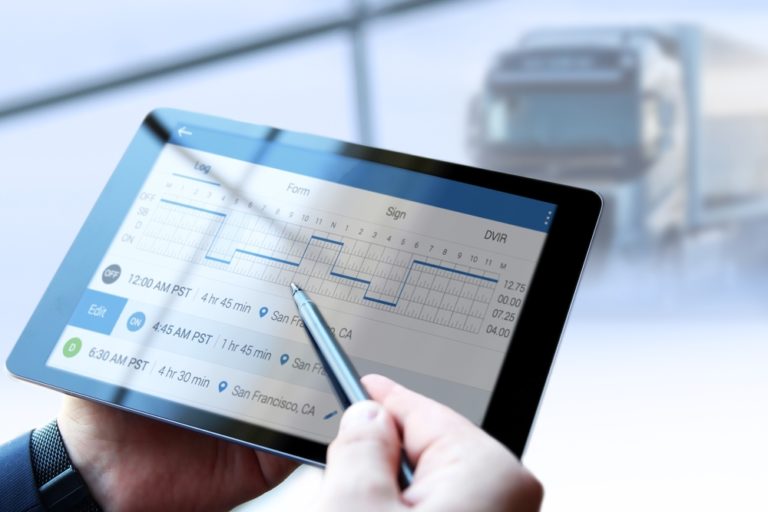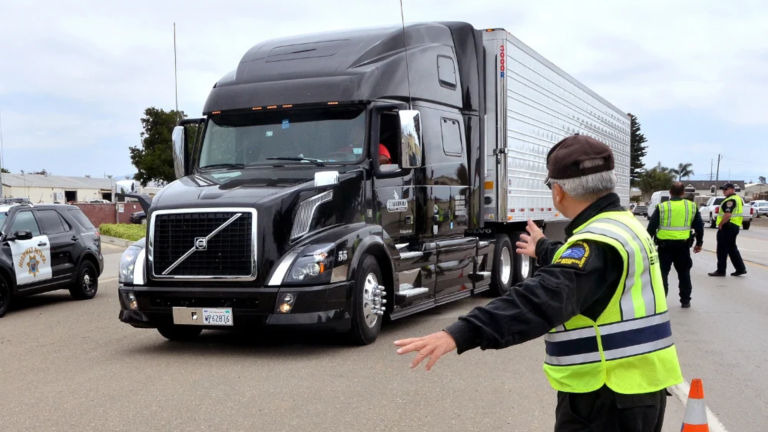4 Key Elements of the FMCSA’s Final Rule
By now, the trucking industry is well aware that the Federal Motor Carrier Safety Administration (FMCSA) has announced the final rule on the use of ELD devices. The new rule will improve the safety and efficiency of the truck industry. According to Anthony Foxx, US transportation secretary “This automated technology not only brings logging records into the modern age, it also allows roadside safety inspectors to unmask violations of federal law that put lives at risk.”
The annual net benefit will go beyond $1 billion through the utilization of ELDs in carriers—mostly by cutting the need for industry paperwork and increasing the efficiency of roadside law enforcement personnel. Furthermore, this final rule will save 26 lives and prevent 562 injuries per year resulting from road accidents.
Officially, the rules have been published on December 11, 2015 and will take effect after two years from that date. Even Canadian & Mexican truck drivers will have to use the ELD if they want to operate on US roads. Scott Darling, the FMCSA acting administrator stated his view in this regard “Employing technology to ensure that commercial drivers comply with federal hours-of-service rules will prevent crashes and save lives.”
Let’s review the major four elements of that final rule:
- By December 2017, around three million drivers will have to use E-logging devices instead of paper log books to maintain hours-of-service records.
- Commercial truck and bus drivers are fully protected from any kind of harassment from the data generated by ELDs. There are both technical & procedural provisions in that final rule that strictly prohibits commercial driver harassment.
- Detailed technological specifications & design requirements are clearly laid out in the final rule. This will certainly help manufacturers to produce compliant devices and systems.
- This new rule will further eliminate the requirements of bearing additional papers by truck drivers as it clearly states the new HOS supporting document requirements that include fuel purchase receipts, shipping documents etc.
Is your fleet ready for ELD compliance? Visit fleetup.com for your ELD needs!







